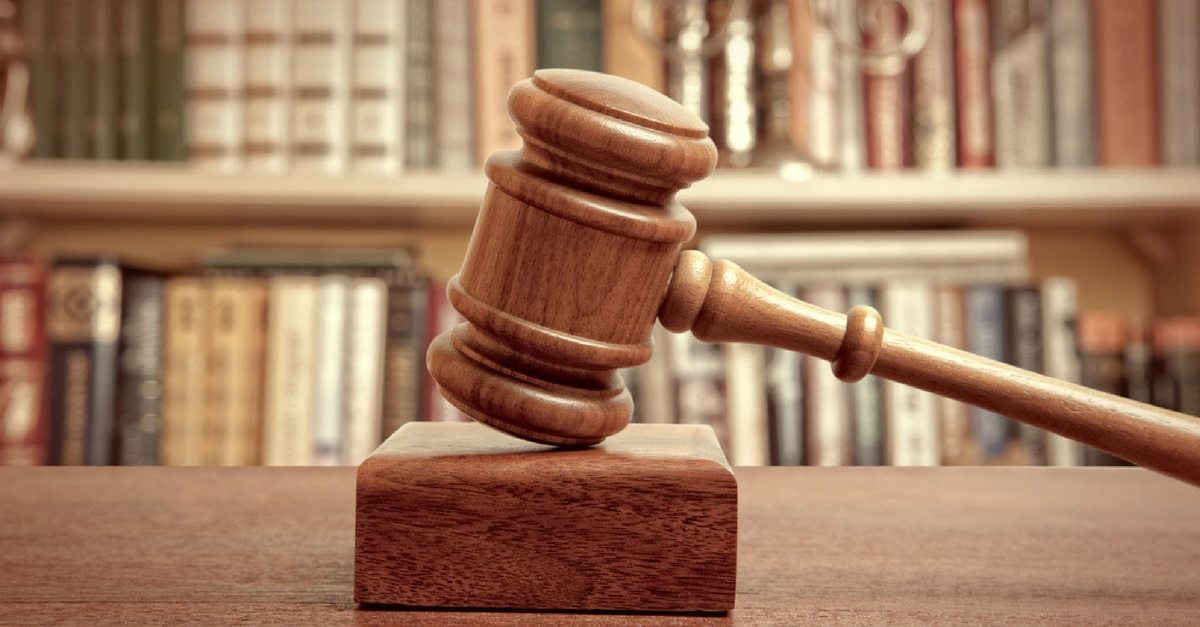
In most cases, no you will not have to attend at bankruptcy court if you file personal bankruptcy.
The Bankruptcy and Insolvency Act enables a first or second time bankrupt to receive an automatic discharge from bankruptcy without going to bankruptcy court as long as:
- you complete all required bankruptcy duties including attending two mandatory credit counselling sessions;
- no creditor opposes your bankruptcy discharge;
- the trustee does not oppose your discharge for failure to comply with your requirements or because you did not make all your required bankruptcy payments.
If a creditor opposes a bankrupt’s discharge, the bankrupt will be required to attend the discharge hearing unless the creditor withdraws the opposition.
At the bankruptcy court hearing the Registrar, a person who is like a judge, will make the decision as to what type of bankruptcy discharge the bankrupt will receive. The decision will be based on the facts and documents presented at the hearing. The trustee does not act for the bankrupt at this hearing, as sometimes they have opposed the bankrupt’s discharge, and do not act even when it is a creditor who has opposed the discharge. This is because the trustee is an office of the court, and as such presents factual information to the court.
If you are bankrupt and have been notified that you do have to attend court, you can read more in our article on ‘What happens in bankruptcy court?’
As the bankrupt is usually aware of the circumstances as to why the discharge hearing is called, it is their decision as to whether they will obtain legal representation for the discharge hearing.
If you file bankruptcy a third time, you cannot receive an automatic discharge and are required to attend a court hearing.
At Hoyes, Michalos we will fully explain your duties before you go bankrupt, and if at any time during the process a court hearing is required we will explain in detail what will happen at the hearing. Obviously it is in everyone’s best interests if you can complete your duties during the bankruptcy period, and then a court hearing will not be required.
Filing bankruptcy is not a complicated or scary process. Generally the steps are pretty simple:
- Contact a Licensed Insolvency Trustee to review your situation and decide if filing bankruptcy is the right decision for you.
- Complete and sign the necessary paperwork.
- The trustee then files these documents with the government and notifies your creditors; starting your bankruptcy protection.
- Complete your duties. For a first time bankrupt this can be completed in as little as 9 months unless you are required to pay surplus income which would extent your bankruptcy to 21 months.
- Obtain your bankruptcy discharge which eliminates your debt.
If you are considering bankruptcy, contact us for a free consultation during which we will answer any questions or concerns you may have.





